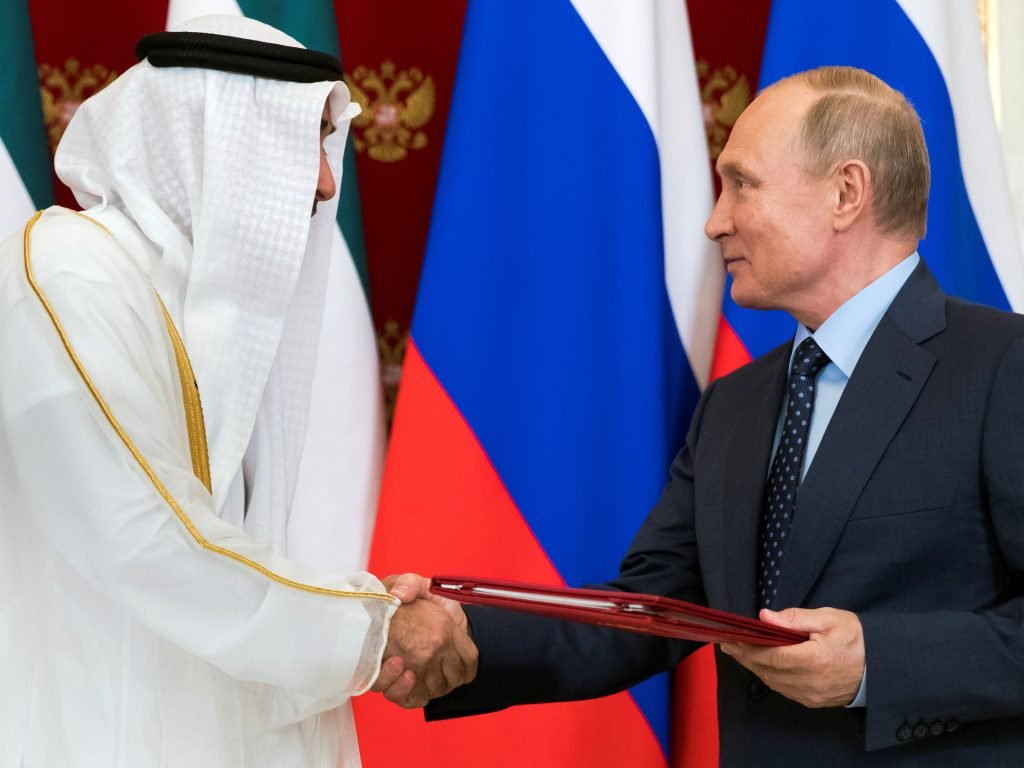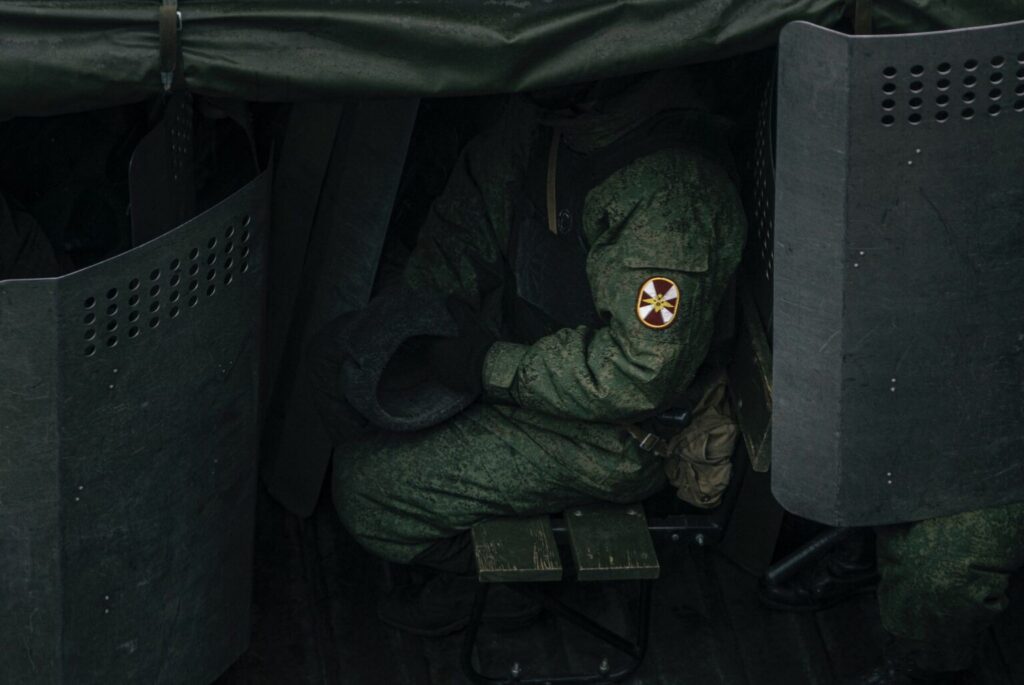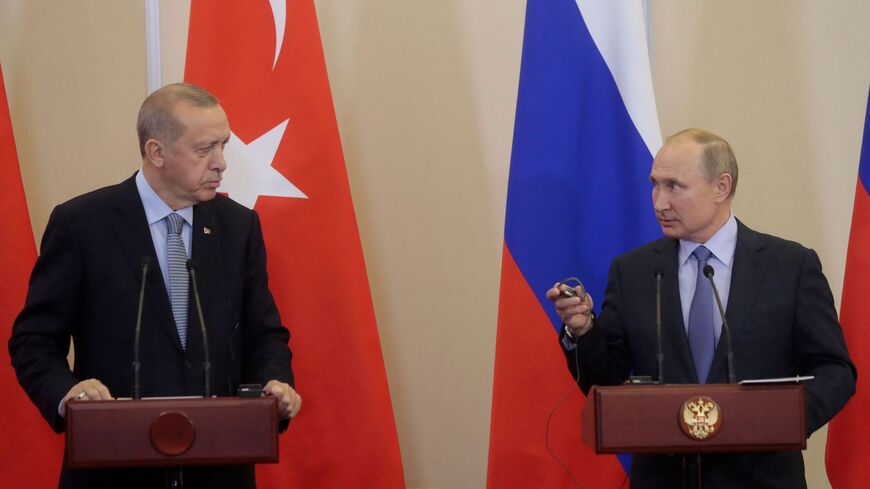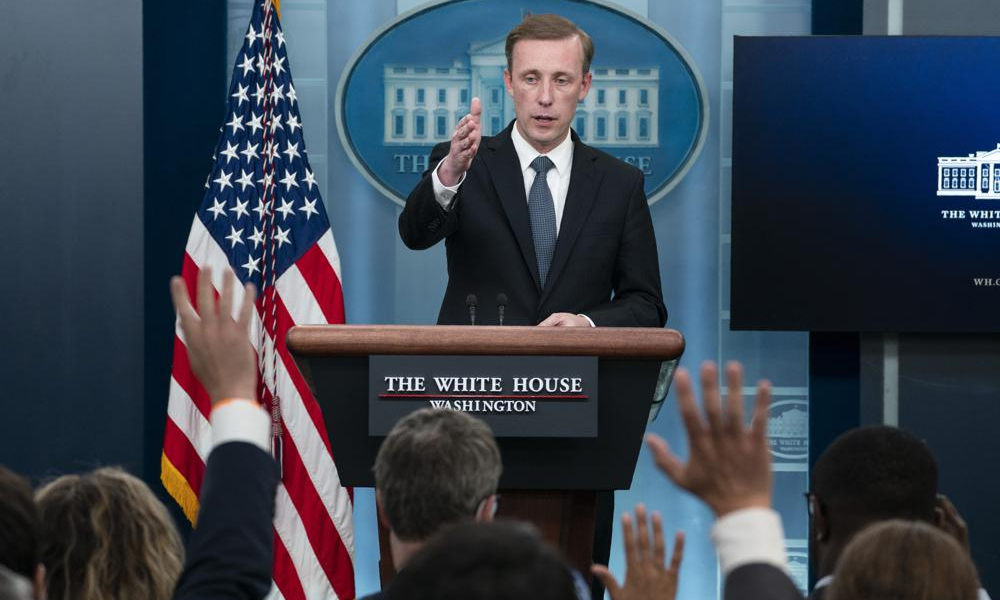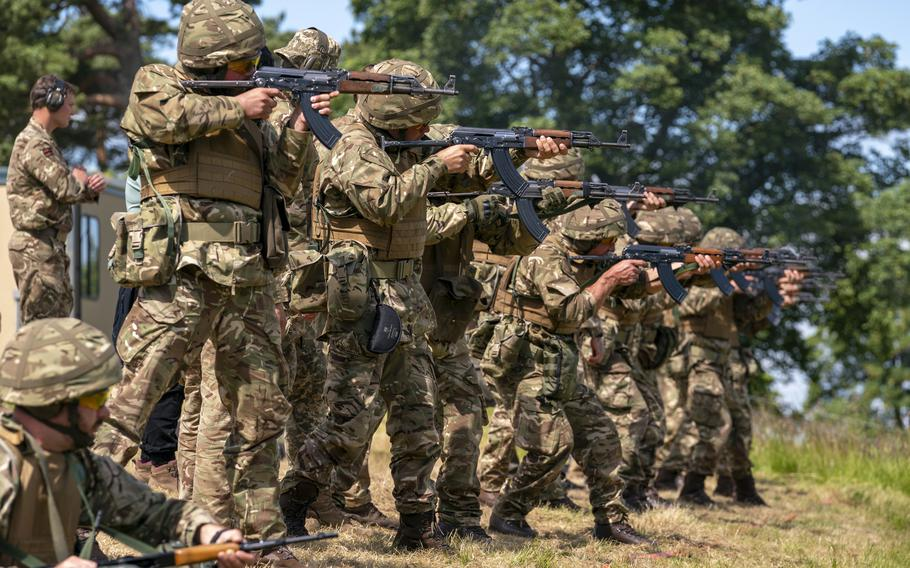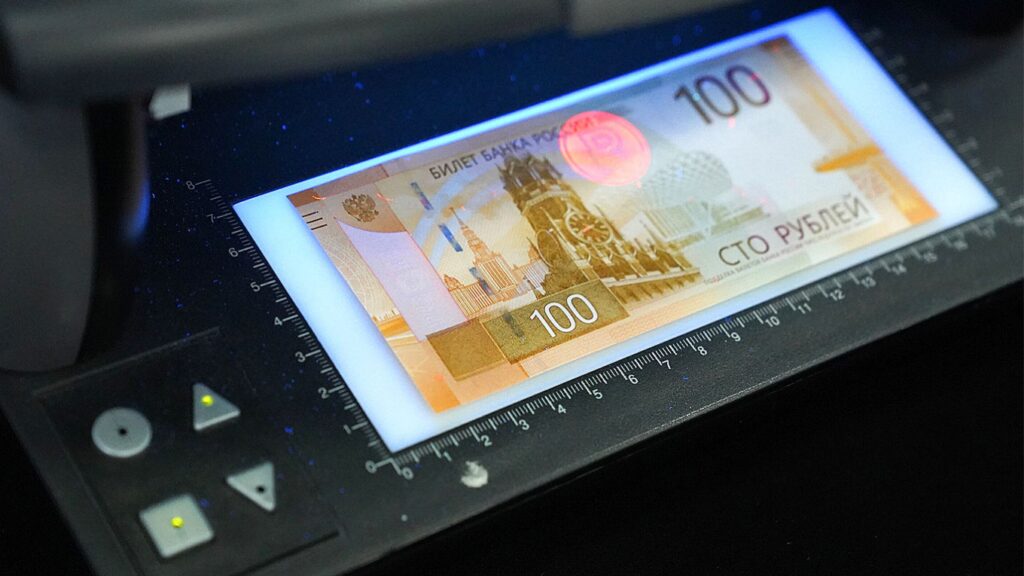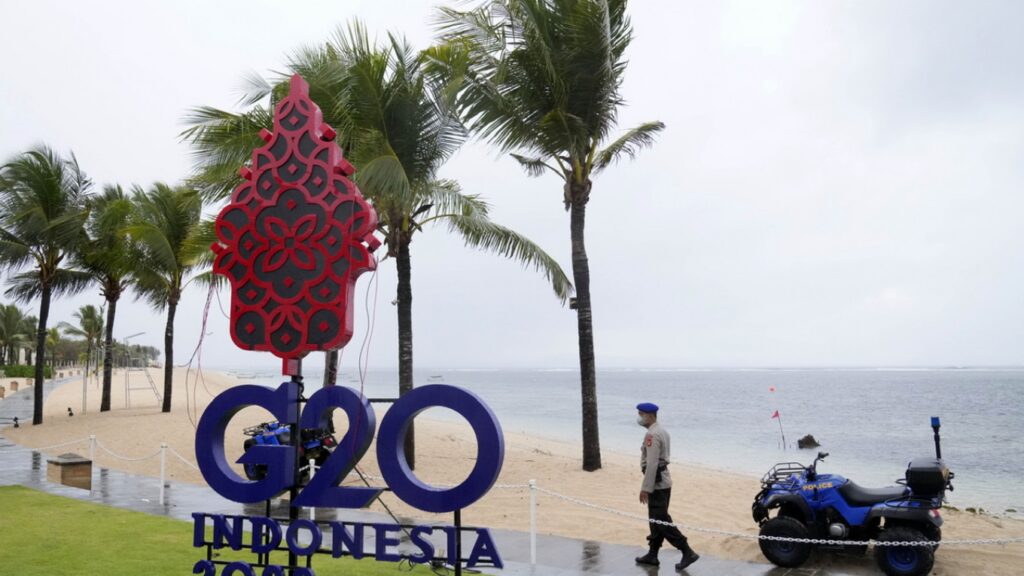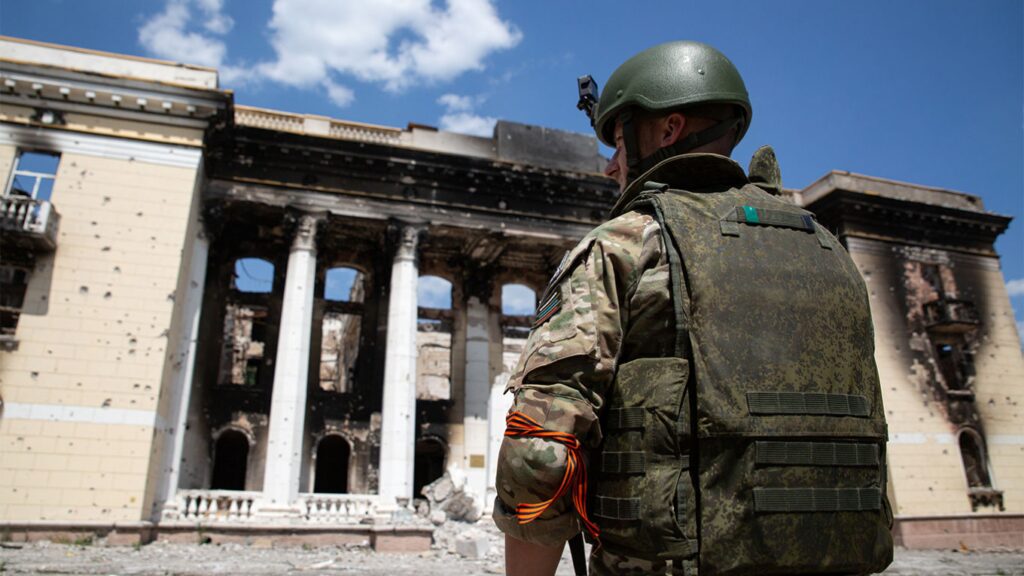The war in Ukraine: A no-win situation for the left
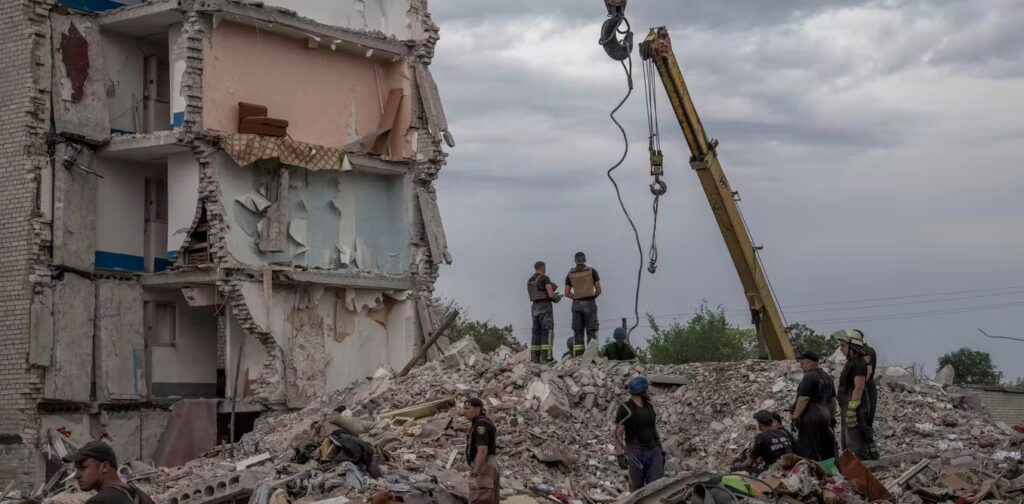
The political left is floundering over what to say about the war in Ukraine.
Venezuela’s Nicolás Maduro supports Russia’s Vladimir Putin, who has been his ally since 2018.
Some radicals have denounced high-profile American socialists Alexandria Ocasio-Cortez and Bernie Sanders for backing the United States. Fightback, the Canadian section of the International Marxist Tendency, supports neither Ukraine nor Russia, declaring this a “reactionary war on both sides.”

